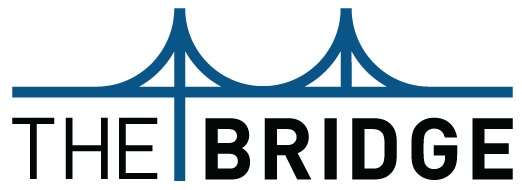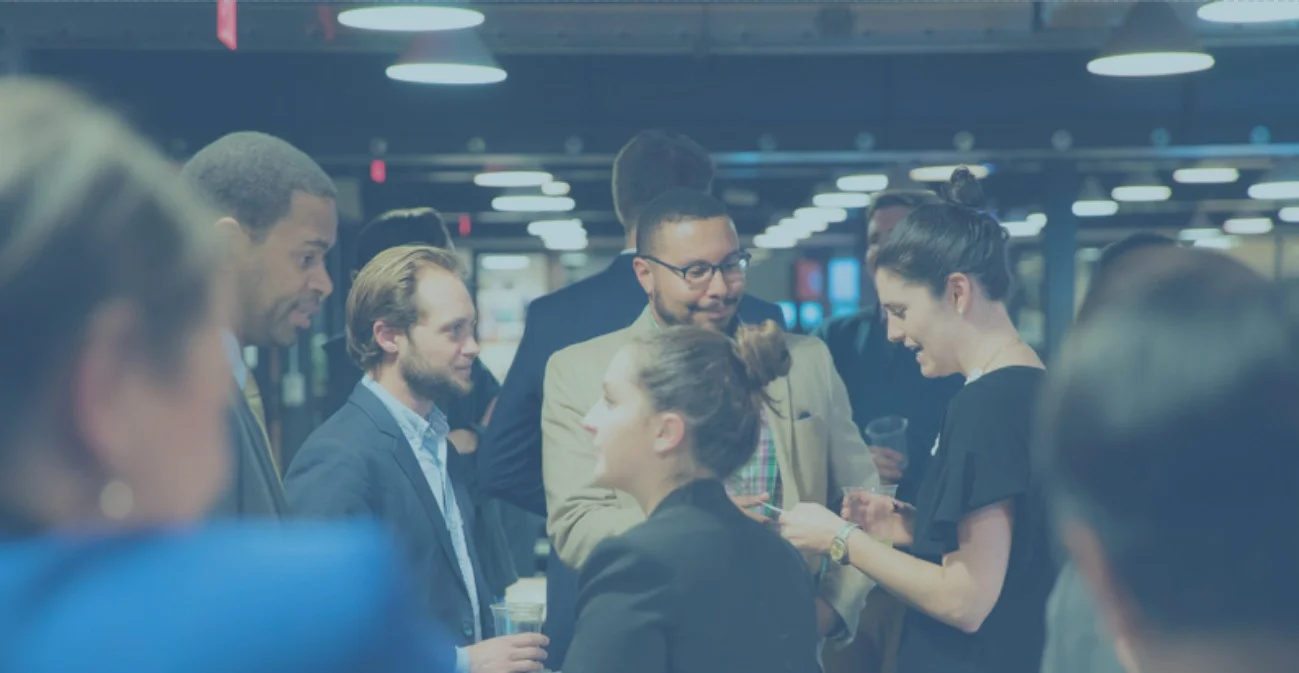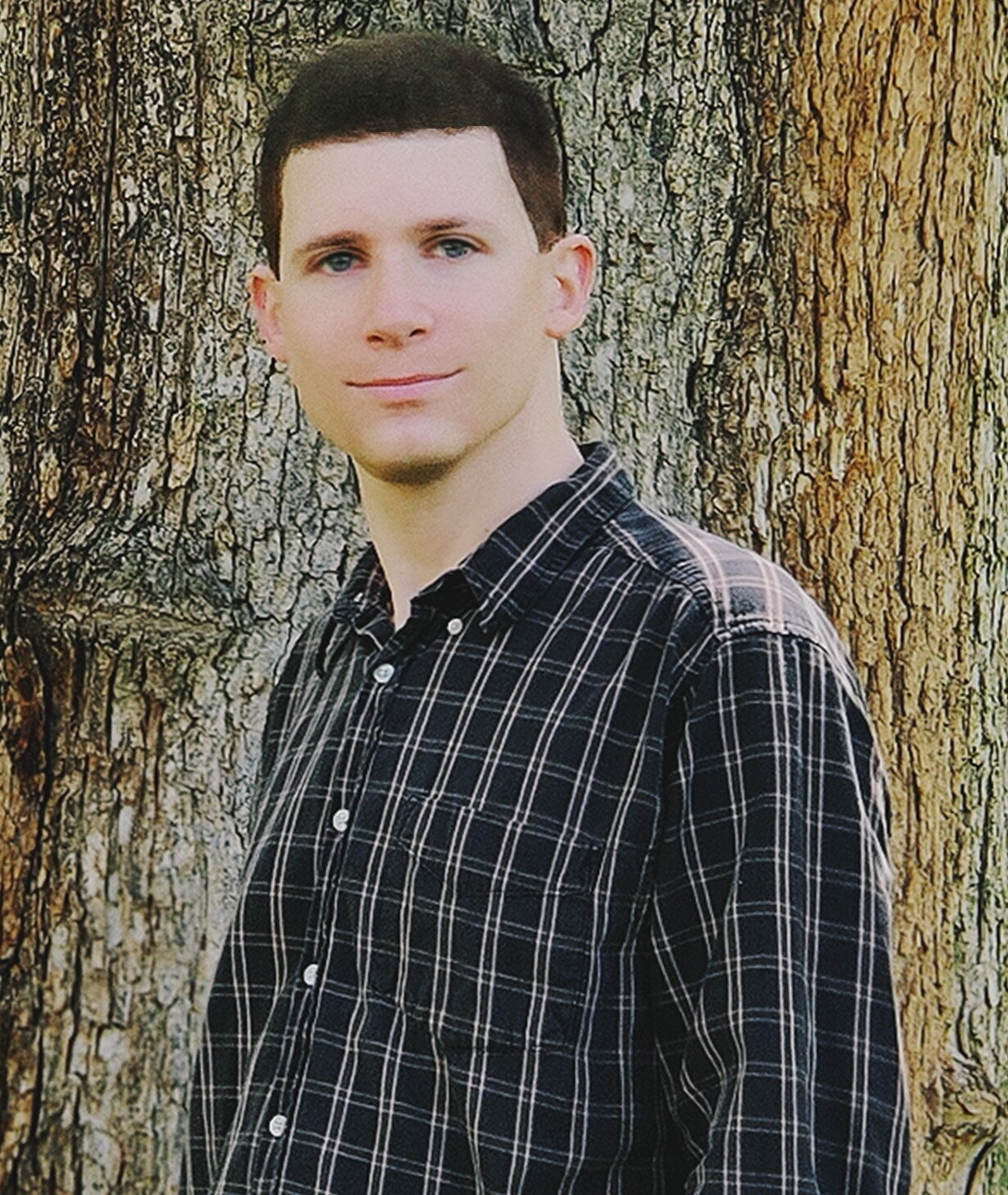TheBridge profile: Jeremy Pesner
Name: Jeremy Pesner
Current city: Washington, DC
Current job: Senior Technology Policy Analyst, Bipartisan Policy Center
Past job: Doctoral Student, Engineering and Public Policy, Carnegie Mellon University
Favorite spot for a coffee meeting? I'm partial to Busboys and Poets - I love the atmosphere!
Q. Describe how a skill you learned in a previous job helped you in your current job. Both qualitative and quantitative data analysis skills have been invaluable to my work. At this point I'm equally comfortable running statistical analyses in R as I am engaging in open-ended interview questions. It's difficult to make meaningful policy if you don't understand the system you are making rules for, and the whole process of data analysis - gathering data, ensuring integrity and deriving meaningful results - is our best tool to ensure we can anticipate the effects of our policy choices.
Q. Job advice in three words? Always keep exploring
Q. How are you (or your company, org, nonprofit) currently bridging the gap between innovation and regulation? The Bipartisan Policy Center (BPC) is one of the leading think tanks that addresses both sides of the political aisle. BPC knows that the best and most long-lasting policies come from the confluence of different ideas and ways of looking at governance. Our technology team routinely publishes reports and hosts events with different experts meant to galvanize policy actions and deliberations beyond default political positions. This allows for regulations that are focused on the most innovative technologies and development processes possible, rather than adhering to a particular party line.
Q. What can innovators learn from policymakers? Innovation is often seen as a fast-paced activity: you always have to be moving a mile a minute to create the Next Big Thing. But many innovations don't work this way: airplanes, cameras, vaccines, and the Internet took decades to evolve into the forms we know them today. Policies are meant to function on long timescales, and if we develop new technologies with similar intentions, our descendants will thank us. Taking the long-term view affords us some patience and allows us to place our emphasis on the technologies and advancements that are most important.
Q. What can policymakers learn from innovators? Sometimes re-imagining a concept or process from the ground up is ultimately better than making small, incremental changes. There is no reason to maintain or defer to traditional systems that have clearly been broken for decades. It takes bold vision, and no shortage of legwork, to reinvent a square wheel by sanding it down to a circle, and there's always the risk it won't come out right. But even if it results in failure, people tend to look better on those who swing for the fences rather than bunt the ball.
Q. Favorite book/podcast/long-form article you recommend? My favorite book on the workplace is Reinventing Organizations by Frederic Laloux. He takes an evolutionary look at work environments, detailing how different organizational cultures have evolved from being centered around a single "strongman" to a more adaptive and free-flowing entity that resembles a living organism and can constantly change to fit a given purpose. Especially as we consider our workplace and work relations post-pandemic, it is worth considering deeply how many assumptions about the way organizations function are truly meeting our needs. There's even an illustrated edition for those who are more visual thinkers.
Q. Everyday is probably different, but can you describe a "day in the life" of your job? The technology team works on a variety of issues, including broadband, Artificial Intelligence, information privacy and more, so I’m fortunate to be exposed to many different projects and topics. I spend my days writing, conducting research and engaging expert stakeholders on the different technology policy issues we focus on. While technology has not been a part of BPC’s portfolio for long, we are steadily growing and becoming increasingly influential in the space.
Q. Why are you part of TheBridge community? Why do you think it's important this community exists for tech, policy and political professionals? I'm a part of TheBridge community because I want to broadcast myself and my abilities to others in my field while simultaneously learning and discovering more about the wide array of other tech policy professionals. TheBridge will help us connect and keep in contact with one another, so that we can do more good collectively than we ever could alone.
Q. What's one piece of advice you are still trying to master? I'm still trying to master how not to overextend myself and say no to opportunities, even ones that I'm really excited by. It's important for me to pursue passions and experiences outside of work, which leads me to...
Q. Most underrated virtue in an employee? Taking time for themselves. We tend to value people who volunteer to work more, but they are usually sacrificing something important, and will eventually burn out. It's important to enjoy your work, but also to lead a rich, fulfilling life outside of it. I'm always surprised by the different hobbies and interests people develop when they're not married to their jobs.
Q. Looking back, what advice would you give yourself in the beginning of your career? Don't feel bad about failing to fit into a box someone else is trying to fit you into. Workplace roles are becoming more broad and exploratory every day, and your predilection to play different roles and undertake different kinds of work is an immense strength, not a weakness.
Q. How do you unwind after work? I always like a good television show or video game, but I also enjoy taking nice walks around dusk, spending time with small groups of friends and check out fun communal events.
We include leaders spotlights in out bi-weekly updates sent to the community. Sign up to stay up to date with events, people, jobs, info in tech, policy and politics:


